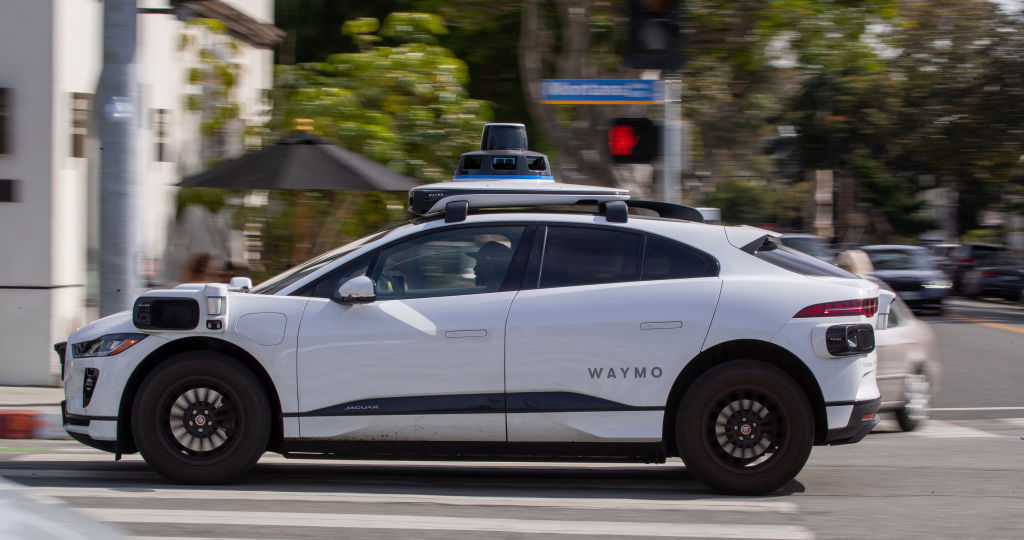About a week ago, blogger Chuck Falzone started a campaign targeting Android users, asking them to spend at least $5 a week on apps. Why? Because people aren't buying them, so developers are making only a fraction of the money that iPhone developers earn. What does this teach us about Android apps?
It began when Falzone readthis article
, which analyzes how much Android developers make. The analysis found that your typical Android developer makes only about0.02%
2 percent of what an iPhone app developer makes. Fearing that Android developers will become a endangered species, Falzone started thePaid App Pledge
, encouraging Android users to spend $5 on apps weekly and spread the pledge to their friends via Twitter.
This is stupid.
Don't get me wrong. I don't hate Android, and I think the iPhone needs as much competition as possible in the smartphone market. But if no one's spending money on Android apps, that means there's a problem with the apps, or the marketplace they're in — not the customer with the money in his hand. If the apps are worth the cost, people will buy, and everybody's happy. If they're not, they won't, and Android developers will have to pack up and shut down. And that's exactly how it should work.
Tech
True, there are problems with the Android ecosystem. There's no official desktop software (à la iTunes), Google doesn't curate the apps that are available, the potential for piracy is huge, and the Android market is generally "a mess." But every Android developer that chooses to create apps goes in eyes wide open. Don't like the game? Don't play.
Asking your customers to pledge to spend money is the hallmark of a charity, not a business. If your product isn't inspiring people to buy, maybe it just ain't that great in the first place.
Via PC World
CORRECTION: As one astute commenter pointed out, the original figure about how much Android app developers make in comparison to iPhone app developers was off by a factor of 100. My bad for simply parroting the source article. The figure has been corrected.



